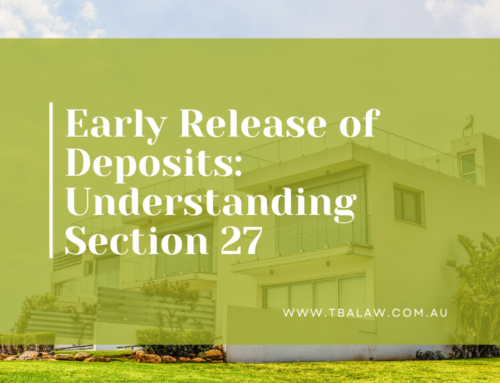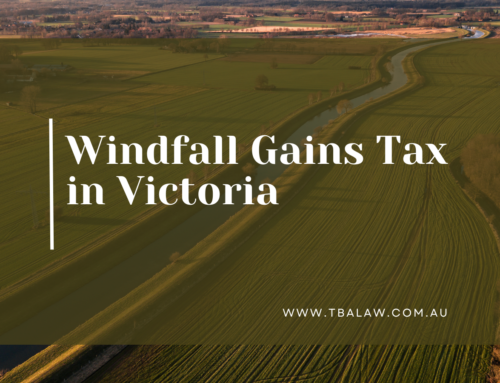8 Tips to Buying Real Estate
It may be your first time buying a property, or you may have done it before but not taken much personal responsibility for the process. But now, you want to be more in control, have more certainty, and not be at the mercy of other people. So where do you even start when buying a property?
Due Diligence
 Do as much checking into the property as you can, either before the Contract, or whilst you’re still in a cooling off period.
Do as much checking into the property as you can, either before the Contract, or whilst you’re still in a cooling off period.
- Measure the boundary and check it against the registered plan. If in doubt, have the boundary surveyed (this can be expensive).
- Look at the Council planning information and get copies of the applicable regulations. Attend your Council office and ask questions about what you can or can’t do on the property, particularly if you have plans for improving the property, or using it for other than its obvious purpose.
- Find out about the buildings. Get a builder to inspect it for you. A pest inspection, particularly for white ant activity, is also wise in most areas of Australia. Get copies of building plans from the Council, along with copies of permits and warranty insurance.
- Check what services are connected to the property, and if they’re not connected and you want them connected, how much connection fees will cost. Also, for example, if there is a septic tank instead of town sewerage service, check any servicing requirements with your local Council.
Remember: buyer beware is still the general rule. Someone selling a property (a vendor) is only obligated to give you certain (minimal) information.
Finance
5. Don’t sign a Contract without it being subject to your getting your finance unconditionally approved, if you can.
Just because a bank has told you that you can borrow a certain amount does not mean that they will lend that amount for this property. You may only have conditional approval, which means they still need further information from you, or they may have to do a valuation on the property.
6. Factor in other fees and expenses – don’t exceed your financial budget and rely on a First Home Owner Grant. Remember, as well as the purchase price of the property, there’s also bank fees, stamp duty, registration fees, and solicitor fees. This will add extra thousands onto your expenses, so don’t be left short!
If in doubt, ask
7. Get a solicitor to look over the paperwork before you sign anything, if you are not confident. That’s their job, and most (including me) will do it for free if it leads to work.
8. Make sure you get a copy of everything, and take responsibility for forwarding the Contract to your solicitor yourself. Real estate agents sometimes don’t get the Contract to your solicitor before the cooling off period expires!




